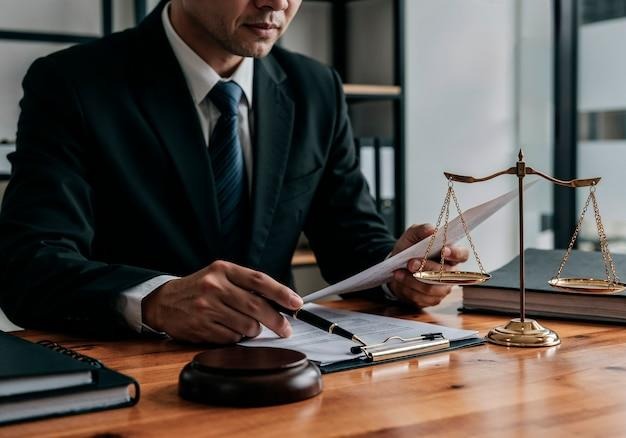Facing a DWI (Driving While Intoxicated) charge can feel overwhelming. It’s not just about getting pulled over or being asked to blow into a machine. A DWI case is built on specific evidence that law enforcement collects—and this evidence can be strong if left unchallenged.
But here’s the thing: just because evidence is presented doesn’t mean it’s flawless or that it can’t be questioned.
If you’re facing DWI charges, understanding what evidence will be used against you is critical. A skilled DWI lawyer from Cummings & Kennedy Law Firm can help you navigate the process, point out weaknesses in the case, and fight back. It’s all about knowing what you’re up against and having a solid strategy in place.
Let’s break down the common types of evidence in a DWI case and how they can be challenged in court.
Officer’s Observations
When an officer pulls you over, their first piece of evidence is usually based on what they see and hear. They may note that you were swerving, had bloodshot eyes, slurred speech, or smelled like alcohol. These details often appear in the police report and will be shared in court.
How to challenge it:
These observations are subjective. Maybe you were tired, had allergies, or were anxious. A good defense can argue that what the officer saw wasn’t caused by alcohol or drugs. Video footage from the police car or bodycam can also be used to show your behavior was not as described.
Field Sobriety Tests (FSTs)
These are the physical tests officers ask you to perform at the scene—like walking in a straight line, standing on one leg, or following a pen with your eyes. They use these tests to judge coordination and balance.
How to challenge it:
Field sobriety tests aren’t always reliable. Many factors can affect your performance, such as nervousness, poor weather, uneven pavement, or even your age or medical conditions. Your attorney may argue that these tests were unfair or improperly given.
Breathalyzer Results
This is one of the strongest pieces of evidence in many DWI cases. If your breath test showed a blood alcohol content (BAC) over the legal limit, the prosecution will rely heavily on that number.
How to challenge it:
Breathalyzer machines must be properly maintained and calibrated. If the device wasn’t tested regularly or the officer wasn’t trained properly, the results can be inaccurate. Additionally, certain health conditions and even mouthwash can affect the reading. Your defense can ask for maintenance records or question the test process in court.
Blood and Urine Tests
If you refused a breath test or were involved in an accident, police might take a blood or urine sample. These are sent to a lab to check for alcohol or drugs in your system.
How to challenge it:
Lab errors happen more often than you think. Samples can be contaminated, mislabeled, or handled incorrectly. A strong defense can examine how the samples were collected, stored, and tested. Any small mistake can call the results into question.
Video Evidence
Police dash cams and bodycams often record traffic stops and arrests. Sometimes, this footage can help the prosecution—but sometimes, it can help you.
How to challenge it:
Your lawyer can review the footage to see if the officer’s account lines up with what actually happened. If the video shows you were polite, steady on your feet, and cooperative, it can weaken the prosecution’s case.
Statements You Made
Anything you say during or after the arrest can be used as evidence. If you admitted to drinking or made other statements, those could come back to hurt you.
How to challenge it:
If you weren’t read your Miranda rights before being questioned, your statements may be inadmissible in court. Even if you did say something, your lawyer can argue context or pressure affected what you said.
Conclusion
A DWI case is not as simple as it might seem. It’s built on layers of evidence, and each one can be challenged with the right approach. Whether it’s questioning the reliability of a breath test or showing that field sobriety tests were unfair, there are many ways to defend yourself.
If you or someone you know is facing a DWI charge, don’t panic. Learn about the evidence, work with a trusted legal team, and fight smart. What may seem like a solid case against you might actually have cracks—and that’s where your defense begins.


